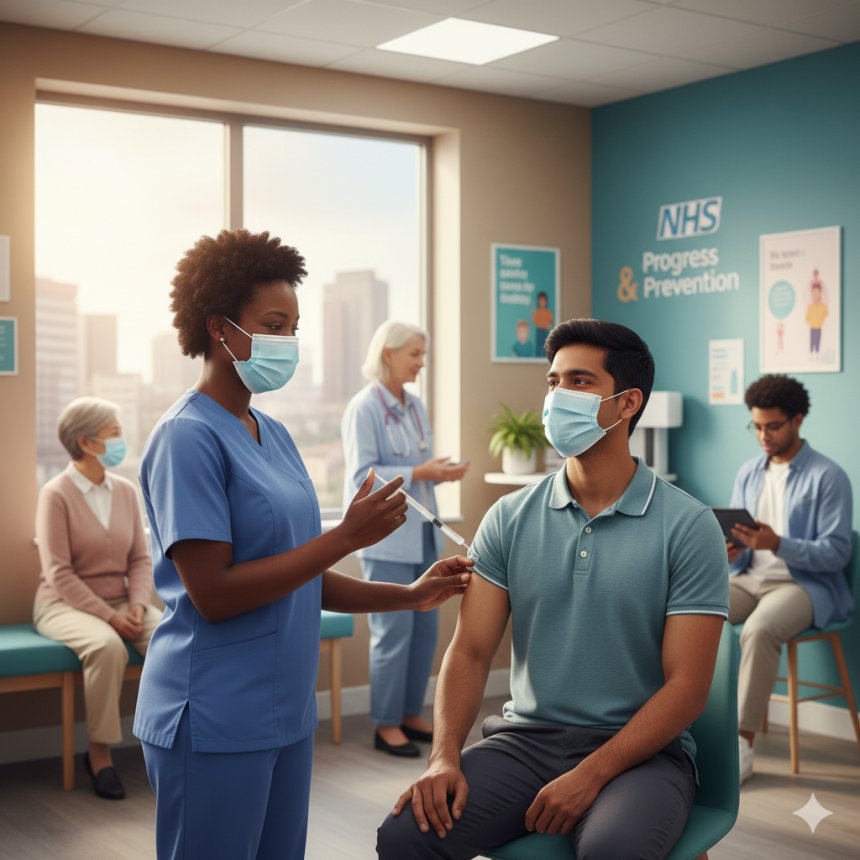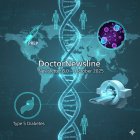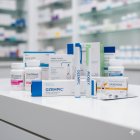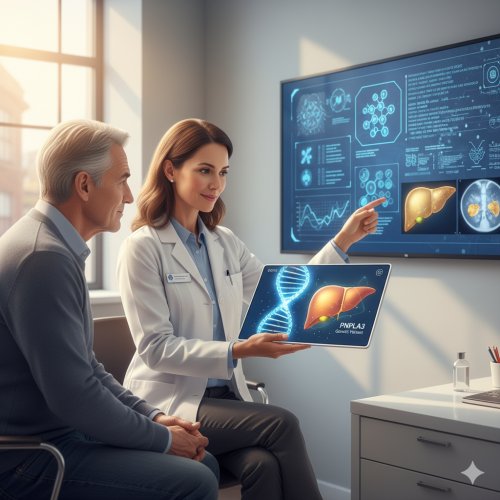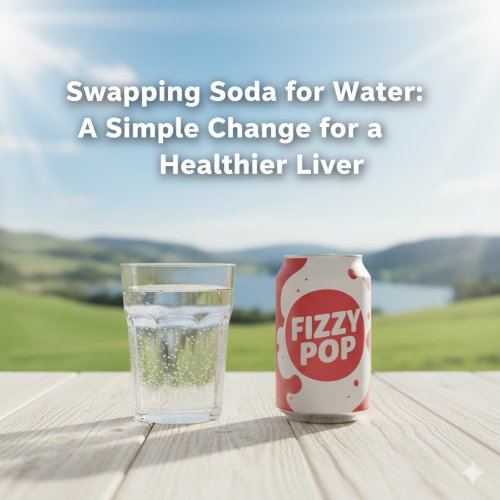Swapping Soda for Water Can Lower Liver Disease Risk, New Study Suggests
Replacing just one can of soda or diet drink a day with water may significantly reduce the risk of metabolic-associated steatotic liver disease (MASLD), according to new research from Soochow University, China.
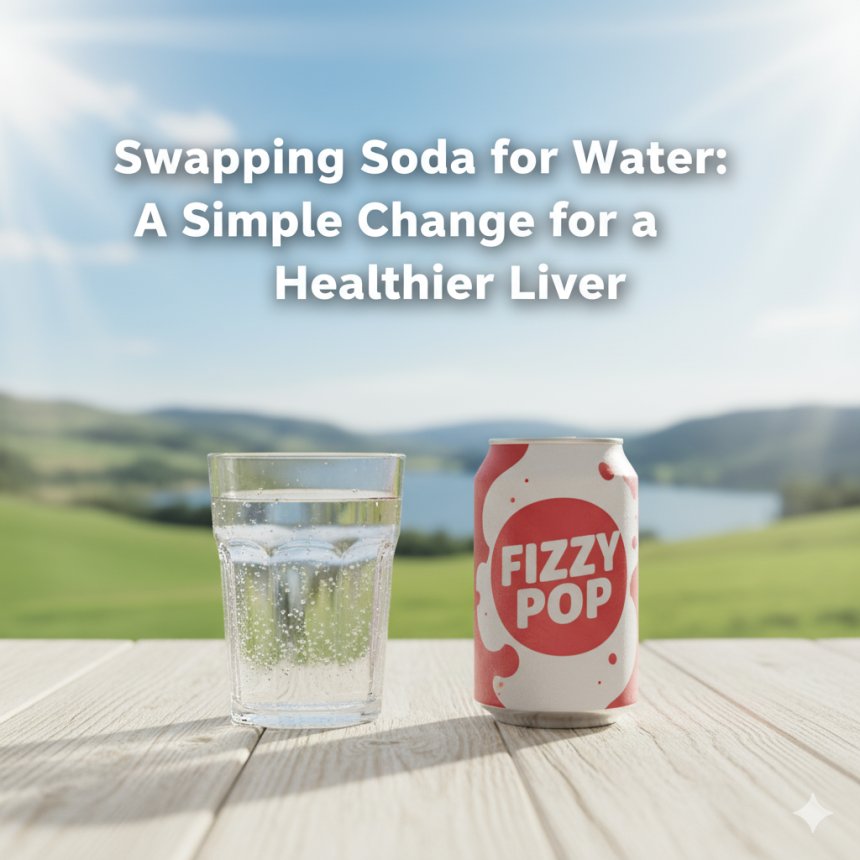
Swapping Soda for Water Helps Lower Liver Disease Risk
A new analysis of beverage consumption patterns suggests that simply switching one daily soda or diet drink for water could meaningfully reduce the risk of metabolic-associated steatotic liver disease (MASLD) — a condition previously known as nonalcoholic fatty liver disease (NAFLD).
Researchers found that replacing 330 grams (about one can) of any type of sweetened beverage with the same amount of water each day reduced MASLD risk. The effect was strongest when sugar-sweetened beverages were replaced, showing a 14.7% decrease in risk.
However, even low- or non-sugar-sweetened beverages (LNSSBs), often thought to be “healthier” choices, were not risk-free. The study revealed that people who frequently consumed these drinks still had an elevated risk of liver issues.
Are Diet Drinks Really Safer?
Lead study author Lihe Liu, a graduate researcher in the Department of Gastroenterology at the First Affiliated Hospital of Soochow University, told Medical News Today:
“Our research shows that low- or non-sugar-sweetened beverages, often seen as healthier alternatives because they use sugar substitutes, may not be entirely risk-free. We found that frequent consumption was still linked with liver health risks, which challenges the common belief that these drinks are completely ‘safe’ or ‘healthy’ substitutes for sugary beverages.”
This finding adds to a growing body of research questioning the long-term health effects of artificial sweeteners. While these beverages eliminate sugar and calories, they may still disrupt metabolism and gut microbiota — both of which are linked to liver health.
Study Limitations and Future Research
The study, which used data from the UK Biobank, has not yet undergone peer review. This means its results should be viewed as preliminary but noteworthy.
Researchers acknowledged key limitations:
-
Beverage intake was self-reported, which can be inaccurate.
-
The data did not establish cause and effect, only associations.
-
The UK Biobank population is not fully diverse, consisting mainly of white participants who tend to be healthier than the general population.
Liu noted that the team plans to submit the full manuscript for peer review soon. He added:
“Looking ahead, more research is needed to clarify the biological mechanisms linking artificially sweetened beverages to liver disease, and to explore whether different types of sweeteners carry different risks.”
Clinical and Lifestyle Implications
Although further research is needed, the current findings align with public health guidance encouraging individuals to limit sugary and artificially sweetened beverages.
Liu emphasized:
“Clinically, this highlights the need to guide people toward healthier beverage choices, with water remaining the safest and healthiest option.”
Registered dietitian Karen Z. Berg, MS, RD, CSO, CDN, who was not involved in the study, shared her professional advice:
“Many people think diet drinks are healthier than regular soda, but this study demonstrates how both are linked with MASLD. I encourage everyone to stick with plain water, fruit-infused water, unsweetened tea, or seltzer for the best outcomes.”
Key Takeaways
Swapping one soda or diet drink per day for water can help lower liver disease risk.
Both sugary and artificially sweetened drinks may pose risks to liver health.
Water remains the healthiest choice for hydration and long-term wellness.
More research is needed to understand how sweeteners affect liver function.
Professional References:
-
Medical News Today. Swapping soda for water may lower liver disease risk. Published October 2025.
https://www.medicalnewstoday.com -
UK Biobank. Health data resource for researchers.
https://www.ukbiobank.ac.uk -
Berg, K.Z. (2025). Commentary on beverage choices and metabolic liver health.
Registered Dietitian, New York, USA. -
Liu, L. et al. (2025). Preliminary findings presented to Medical News Today on beverage intake and MASLD risk.


